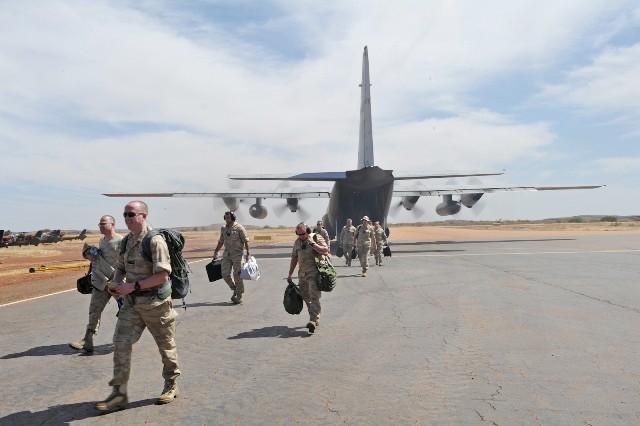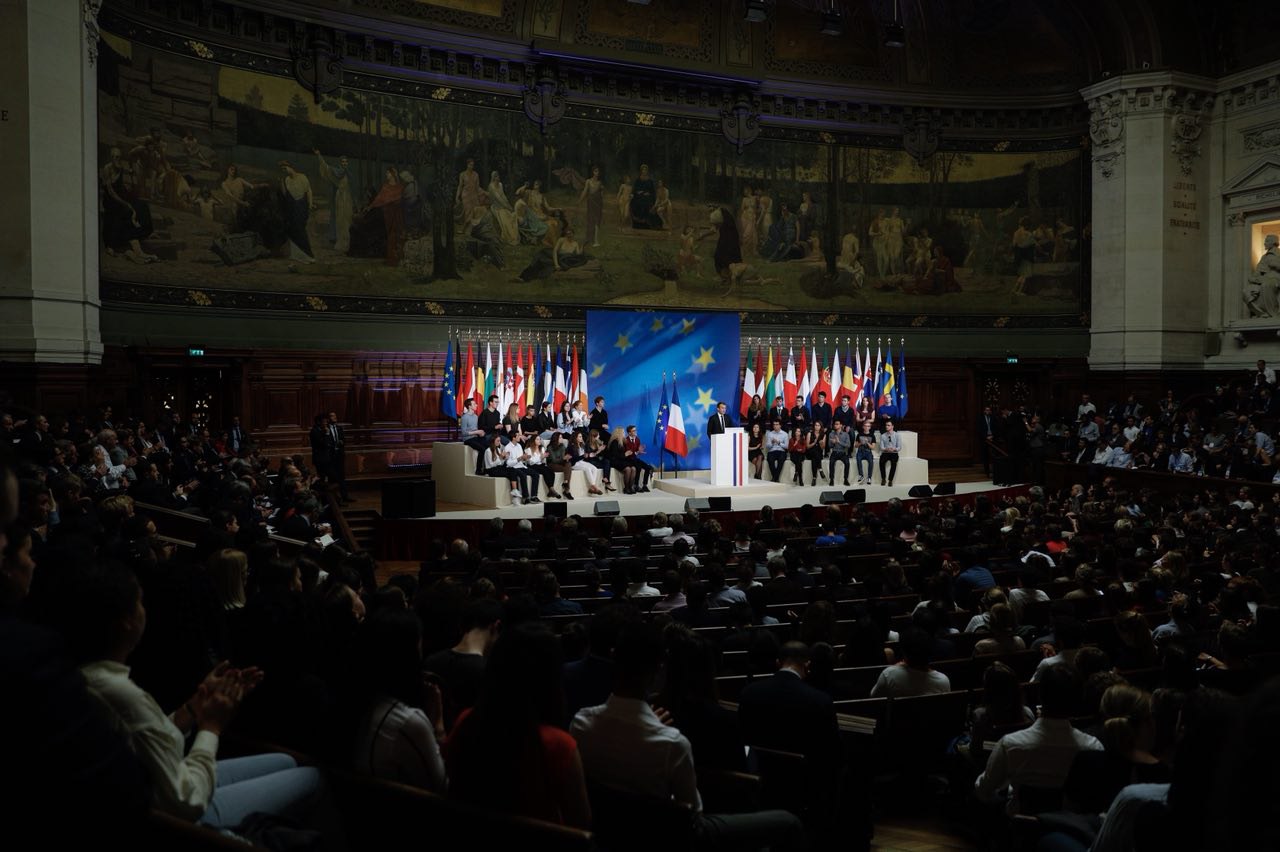Allies in Mali: cumbersome, useless, useful? The true, the false...

(BRUSSELS2) It is often fashionable to mock the weak contribution of European or North American allies in Mali. And indeed the European (and American) timidity to engage head-on in the operation in Mali - whether to support the French operation (Serval) or the European training mission (EUTM Mali) - is not fake. Not to mention the political, technical or financial difficulties, which are more trivial or even comical. But we often forget to say how useful, precious and costly this help is for those who lend their assistance. To say this does not mean to take away from the prowess or the commitment of the French soldiers who were at work first (pilots of the Transall, helicopters... technical personnel, porpoises, paratroopers and ground troops who set out to reconquer the northern mali). But, at a time when France has its feet in the deficit, pushing a "cocorico" of satisfaction does not even last the breath of a posed Transall on a track in Bamako. This is the harsh reality. Without the precious and costly contribution of the Allies, it's very simple, the "Serval" operation would not have lasted more than 72 hours... and would have cost much more, not to mention the additional risk of too much transport. slow on the spot.
European shyness is very real
We must not deny it and not hide it. It is only to see the difficulty in gathering a few dozen soldiers intended to ensure the "static" protection of the European personnel of EUTM Mali and the impossibility so far of finding two medical evacuation helicopters (this should be settled by this weekend). What is all the same a roof! The countries of the European Union find themselves - despite all the manpower and equipment appearing on the listings of the respective defense budgets - unable to quickly provide two devices, the crews and the support teams, for an action that is altogether classic of the armies . A priori, the risk is quite limited and has high visibility. Medical evacuation has a very good image in the populations. And, as long as it serves for the benefit of civilians in difficulty, it represents a certain political and media guarantee... It is truly incomprehensible and can only arouse ridicule and derogatory comments. As for the very weak commitment of the High Representative of the EU, C. Ashton, in this affair, it is just as distressing. Take refuge behind a: “ It is a problem of the Member States does not detract from the political absence.
The difficulties of the "multinational" are many and varied
And when the materials are there, the problems don't stop. There are the "caveats" (use restrictions). The Dutch do not land their KC-10 in Bamako in this way, for "security reasons"... Apparently these security reasons do not prevent other military planes (Belgian, Italian, Canadian, Spanish...) or even planes from civil companies (Air France, Air Algérie, etc.) to land safely at the airport in the Malian capital. But in The Hague, we remain firm. In fact, a KLM aircraft has fewer limitations than a Dutch Royal Air Force aircraft. A peak!
The standards are also different. The British C-17 plane which landed in Evreux refused to take the soldiers' rations on board. A flight manager, fussy, indeed found that there were ... matches in the combat rations on the pallets to be transported. Impossible ! One does not mix ammunition and ignition device in the same device. RAF rule. It took a few hours of patience and a phone call between the two Chiefs of Staff to settle the matter.
Finally, there are financial claims. The Americans thus wanted to make the French pay the ruby on the nail bill. Cost of the announced invoice: $50.000 per hour (all inclusive). The information having leaked in the US press, the Pentagon quickly repackaged its claims and returned to a more usual habit (reimbursement of additional costs incurred: kerosene...). Etc.
The contribution of the Belgians, Canadians, British...: precious !
When we analyze the situation, we must not stop at the glass half empty, as those who mock the absence of Europe often take pleasure in, and look at the other side of the coin (the glass half full). The contribution of European and allied resources to Operation Serval is not negligible. So often, we praise the British contribution - real - we must not forget other contributions, more discreet no doubt but just as effective. The contribution of the two Belgian C-130s available, which can go anywhere " has been " valuable and useful “A senior French official from the Ministry of Defense recently reminded B2. As " the contribution of the Canadian C-17s". These countries responded immediately to the French request. And the planes took off in the following days: January 14 (Monday) for the British and Canadians, the 15 (Tuesday) for the Belgians, the 17 (Thursday) for the Germans.
The Belgian C130 Hercules thus transported 280 T of equipment and 399 passengers (according to a report drawn up on February 12). And they are not content to shuttle Abidjan Bamako but will land directly as close as possible to the needs, in Gao or Timbuktu if necessary. The Canadian C17s have already carried out, according to Ottawa, 26 flights and transported approximately 730 T of equipment (as of February 13). the Spanish C-130 Hercules based in Dakar (Senegal) has already carried out, since January 26, 18 missions, totaling 60 flight hours, carrying 185 passengers and 40 tons of freight to Mali for the needs of Misma (African) as well as Operation Serval (French), according to the report drawn up by the Secretary General for Spanish Defense Policy in Dublin (as of February 12). THE German C160 (Transall) carried out 48 flights transporting 337 people and 92 T material (according to the Bundeswehr on February 8). Just for these 4 nations, we are already at more than 1000 tons transported and nearly 1000 personnel...
Without forgetting those who come as reinforcements... in France
In this list, we must not forget the discreet but essential help of the partners of the EATC - the European Transport Aviation Command. In particular the German planes which took over from the French planes for all "routine" transport operations in France. " Who do you think transports our paratroopers for training? » thus indicated to me this well-informed source. And all this comes at a real and stumbling cost: around 10 million euros for the Spanish C130 (over three months according to Madrid), $18,6 million (around 13,3 million euros) for the Canadian C17 (over a months according to Ottawa), 7 million euros for the 2 helicopters Medevac Belgians (over a month according to Pieter de Crem), etc...
Get out your calculator.
Add, multiply! And see if the European contribution has been negligible. For my part, I figure it between 60 and 100 million euros in the first month! Or just as much as the French commitment announced by Minister Jean-Yves Le Drian (70 million euros).



Comments closed.